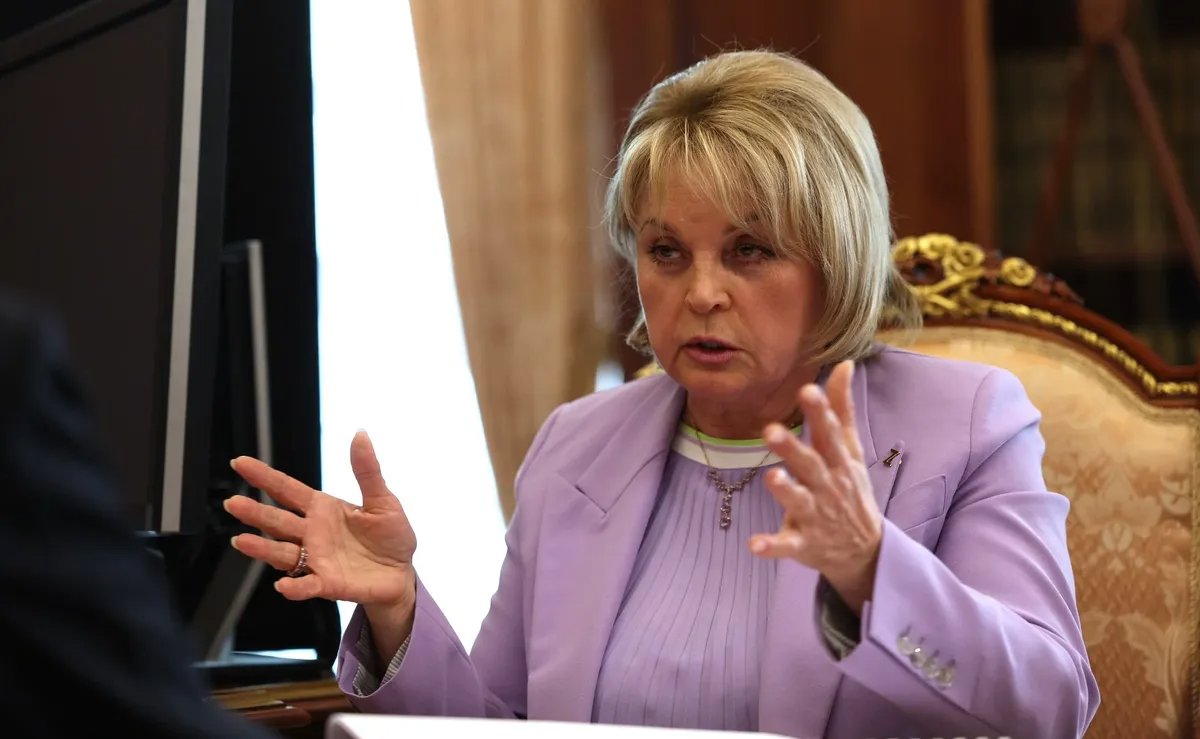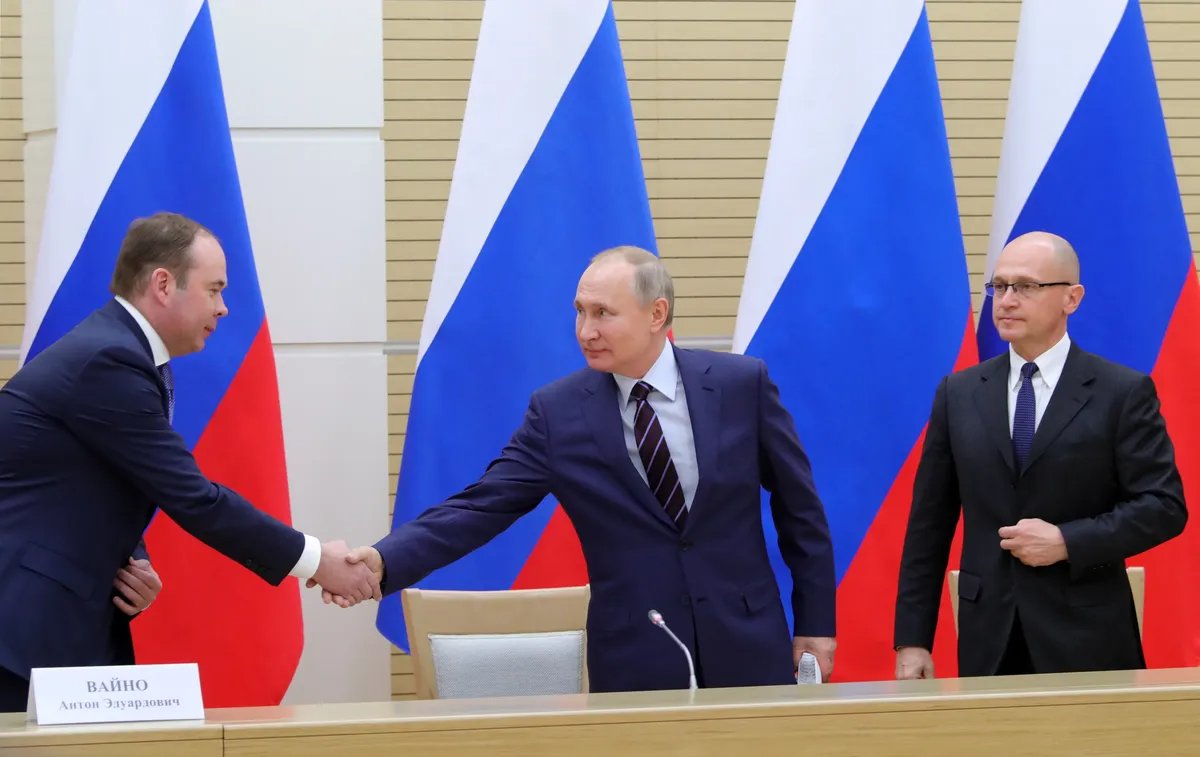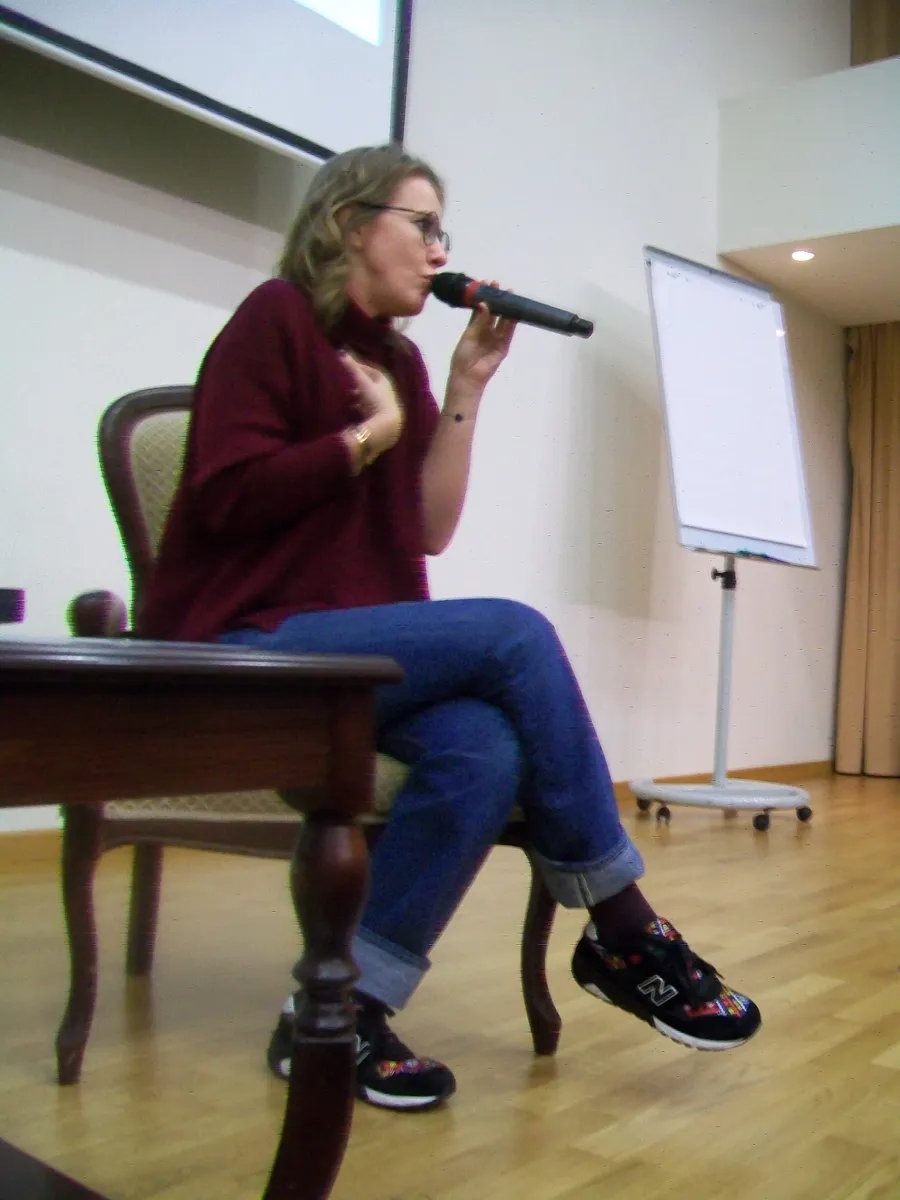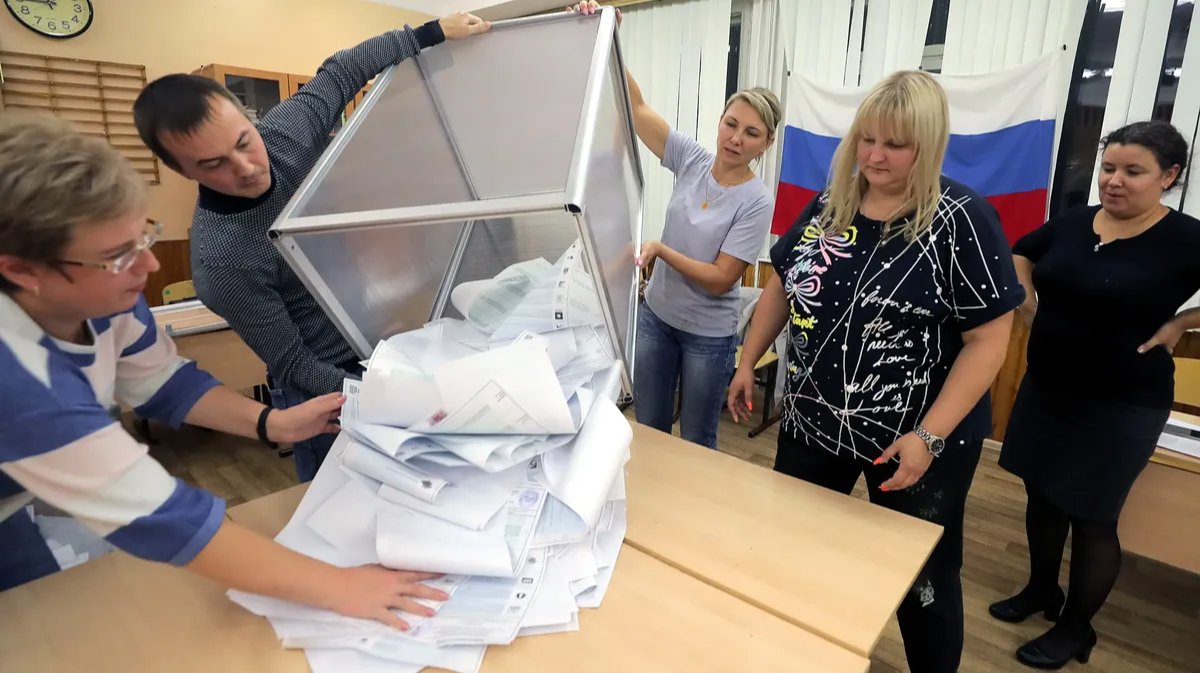On 6 August, The New York Times published a story featuring a quote from Kremlin spokesman Dmitry Peskov saying that in 2024 Vladimir Putin would be elected for another presidential term, his fifth, with over 90% of the votes. He also called the elections in Russia “not really democracy” but a “costly bureaucracy”.
Later, Peskov attempted to explain himself, saying that American journalists had twisted his words. In fact, Peskov claimed, he had simply been expressing his personal opinion that Putin’s re-election was certain. “Theoretically [the elections] don’t even have to be held,” Peskov added.
Novaya-Europe asked political scientists Fyodor Krasheninnikov and Alexander Morozov why the Kremlin is so confident about the scale of Putin’s domestic support and what the 2024 Russian presidential elections could actually have in store.
Putin’s ratings
Russia’s last presidential elections were held in March 2018 with Putin taking some 76.69% of the vote, according to the Central Election Commission. That result was a personal best for Putin and the biggest share of the vote for any candidate in the history of Russia’s presidential elections.
The next elections are supposed to take place in March 2024. In 2020, two years before the full-scale Russian invasion of Ukraine, the Kremlin-affiliated Public Opinion Foundation polled people on who they’d vote for if the elections were to be held next Sunday. Back then, 45% of the respondents said they’d give their vote to Putin. It’s hard to say how relevant this data is in 2023, seeing as the second place and 11% of the respondents’ votes went to Pavel Grudinin, a disgraced Communist party member, who was refused a Duma mandate in 2021 after his “foreign accounts” had been discovered. Meanwhile, the third place was occupied by the now-deceased leader of the far-right populist Liberal Democratic Party, Vladimir Zhirinovsky, who got 10% of the vote.
Shortly afterwards, the Russian Public Opinion Research Centre and Public Opinion Foundation stopped posting ratings on electoral support for Vladimir Putin. The organisations said that the polls would be released again once the candidates for the forthcoming elections were announced.
As yet, there have been no official announcements on who’ll be running for the 2024 elections. Nevertheless, this fact doesn’t stop non-governmental social organisations from conducting polls. In May 2023, a group of independent sociologists Russian Field said that 30.2% of respondents would vote for Putin in the next elections, 2% would go for PMC Wagner’s founder Yevgeny Prigozhin, 1.8% wanted to vote for the jailed opposition politician Alexey Navalny, while 1.3% chose Zhirinovsky, who died in 2022; 28.8% of the respondents were undecided.
In July 2023, Russian independent polling organisation the Levada Centre reported that 82% of respondents approved of Putin’s actions as president while 15% didn’t. The director of the centre, Denis Volkov told the NYT that the only time Putin’s ratings saw a decline was September 2022, when mobilisation was announced. According to him, Putin’s ratings plummeted to around 50% in one night, the sharpest drop in Putin’s popularity “in 30 years of polling”.

Ella Pamfilova, the head of Russia’s Central Election Commission. Photo: Kremlin.ru
90% of the vote
So, does Dmitry Peskov have any reason to believe that Putin will be supported by over 90% of voters in 2024? Experts say that the authorities have no need to worry about the results as they will be the ones dictating them.
According to political scientist Fyodor Krasheninnikov, there’s nothing stopping the head of the Central Electrical Commission Ella Pamfilova from falsifying the results, thus Peskov has no reason to doubt that Putin will get 90% of the vote. Krasheninnikov says that Peskov was correct in his assessment that Russian elections are primarily a lot of red tape, adding that “the real numbers of support for Putin amid the population” do not affect the results much.
He notes that whatever number Putin comes up with by March 2024 will be the election result, “if he remains the president of Russia until that moment”.
Krasheninnikov believes that the Kremlin’s current problem is making sure that nothing stops the authorities from putting down the needed numbers. Even if protests erupt, the opposition will have a hard time proving that the actual number of the votes for Putin is lower than 90%. The task before the Kremlin is to ensure that there are no events that could potentially cast doubt on the election results.
“We will say that the elections have been falsified. They will say, no can do, the observers from Abkhazia, South Ossetia, Kazakhstan, Tajikistan, and Niger said that the elections were fair. So, how can we refute the 90%? We can’t,” Krasheninnikov observes.
According to him, the government and law enforcement agencies will spend election day suppressing any attempt at a protest, giving handouts to the poor, threatening activists, and giving inspiring speeches in which they will once again promise to provide Russians with social benefits.
Krasheninnikov notes that the authorities did the same during the 2018 elections and nothing has changed within Russia since then.

The Kremlin Chief of Staff Anton Vaino, Vladimir Putin, and the Kremlin Deputy Chief of Staff Sergey Kiriyenko. Photo: EPA-EFE/MICHAEL KLIMENTYEV
Political scientist Alexander Morozov is certain that the Kremlin is planning to run the 2024 election campaign under the headline of “If it’s not Putin, we will all be destroyed”. He says that this tactic will be successful as the same narrative has already been used to shape the opinion of non-politically engaged voters.
“Furthermore, all the regional administrations realise very clearly that this is not a presidential election but a referendum on trust in Putin,” Morozov notes.
Thus, they have to provide the specific percentage planned by the Kremlin Chief of Staff Anton Vaino and First Deputy Chief of Staff Sergey Kiriyenko, which is 86%, according to Morozov.
Why does the Kremlin need the 2024 elections?
Both experts believe that the elections are significant for the Kremlin despite Peskov’s comment about there being no need to hold them.
“Elections are held in Iran, North Korea, Indonesia, and African dictatorships — they are held everywhere all the time, even if they have a completely different meaning compared to the ones held in old democracies,” Morozov claims.
Krasheninnikov notes that there are currently very few countries in the world without elections. Such a thing is possible only in absolute monarchies in the Middle East, but even they have parliaments.
Furthermore, if the government were to cancel the elections in Russia, they’d have to hold a referendum on lifelong presidency or something similar. Seeing as the modern world has a perception that a leader should be chosen through elections, the Kremlin will maintain the pretence, Krasheninnikov believes.
“Elections do not equal democracy. No dictator is bothered by elections,” Krasheninnikov adds.
Possible candidates
So, who might be able to present an unthreatening challenge to Putin in the upcoming elections? Krasheninnikov is of the opinion that “some clowns” will present their candidacy, noting that the final decision on the candidates will depend on Putin’s mood.
One possible scenario, according to Krasheninnikov, is what happened in Uzbekistan under the rule of Islam Karimov — during his run for election, all the other candidates spent the election campaign praising him.
If this scenario plays out, Krasheninnikov says, known Putin supporters — the leader of the Communist Party, Gennady Zyuganov, the head of A Just Russia — For Truth faction, Sergey Mironov, and the head of the Liberal Democratic Party, Leonid Slutsky — will be nominated. And all of them will be competing to see who can praise Putin the most, Krasheninnikov adds.

Ksenia Sobchak at a meeting with the press during her presidential campaign, 16 December 2017. Photo: Wikimedia Commons, CC BY-SA 4.0
Another option is the Kremlin choosing a more difficult path and nominating several politicians who will be tasked with imitating pluralism, as was the case with Ksenia Sobchak in 2018. Sobchak, the daughter of Putin’s former boss and mentor Anatoly Sobchak, is a media personality turned politician who ran for president in 2018, causing a media storm and leading to her being widely reviled as a stooge by the Russian opposition.
This scenario could also include the nomination of entrepreneurs selected by the Kremlin or some “ultra-right clown”, whose only role would be to make Putin appear less of an “ogre”. However, Krasheninnikov believes that the Kremlin hasn’t yet made its choice on what scenario to use.
Alexander Morozov, meanwhile, says that the Kremlin won’t be playing the “Sobchak” game this time around because of the war. According to him, the list of candidates will be similar to that used in the Moscow mayoral election that will take place in a month — “Sobyanin and five State Duma deputy speakers from five different parties.”
Morozov believes that the most intriguing aspect of these elections is the fact that the Ukrainian presidential elections will be happening at the same time. He is certain that Russian PR professionals will make a lot of money from their “artistic pursuits” that will focus on how to best present the juxtaposition of an “angelic Putin” and a “satanic Zelensky” to Russian voters.
However, according to Ukrainian law, presidential elections cannot be held when the country is under martial law. Volodymyr Zelensky has said that the 2024 elections would only take place if Ukraine had won the war and there was peace, and that currently doesn't look likely within the electoral timetable.
Join us in rebuilding Novaya Gazeta Europe
The Russian government has banned independent media. We were forced to leave our country in order to keep doing our job, telling our readers about what is going on Russia, Ukraine and Europe.
We will continue fighting against warfare and dictatorship. We believe that freedom of speech is the most efficient antidote against tyranny. Support us financially to help us fight for peace and freedom.
By clicking the Support button, you agree to the processing of your personal data.
To cancel a regular donation, please write to [email protected]

